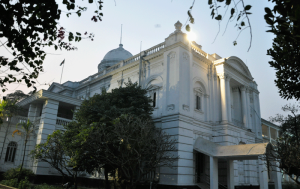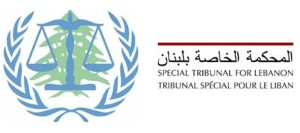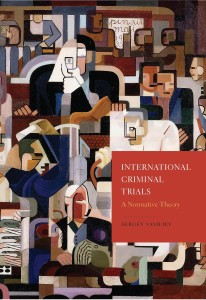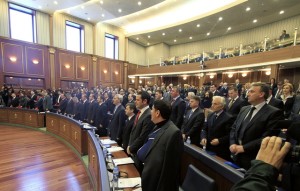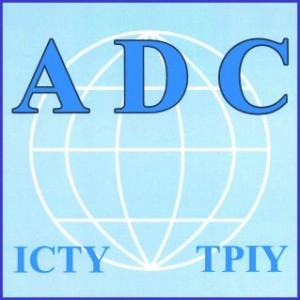 The Association of Defence Counsel Practising before the ICTY and Representing Counsel before the MICT (ADC-ICTY) is pleased to announce its annual conference for 2015, on “The Situation of Defence Counsel at International Criminal Courts and Tribunals”.
The Association of Defence Counsel Practising before the ICTY and Representing Counsel before the MICT (ADC-ICTY) is pleased to announce its annual conference for 2015, on “The Situation of Defence Counsel at International Criminal Courts and Tribunals”.
Date: 5 December 2015
Time: 09:00 to 17:30
Location: Bel Air Hotel, Johan de Wittlaan 30, 2517 JR The Hague
This one-day conference will focus on the situation of Defence Counsel at International Criminal Courts and Tribunals and will feature four distinguished panels on various topics in relation to the role and importance of the Defence.
The Opening and Closing Remarks will be delivered by ADC-ICTY President, Colleen M. Rohan, and panellists include renowned Defence Counsel, Judges and representatives from various international criminal courts and tribunals.
Panel I: The Role of Defence Counsel at International Criminal Courts and Tribunals
Panel II: The Necessity of a Defence Office from the International and National Perspective
Panel III: The Importance of a Bar Association for International Criminal Courts and Tribunals
Panel IV: The Future of Defence Counsel on the International and National Level
Confirmed speakers:
Jens Dieckmann, Christopher Gosnell, Gregor Guy-Smith, Dragan Ivetić, Michael Karnavas, Xavier-Jean Keïta, Nina Kisić, Novak Lukić, Judge Howard Morrison, Judge Janet Nosworthy, Judge Alphons Orie, Fiana Reinhardt, Colleen Rohan, Héleyn Unac, Slobodan Zečević
Participation Fee: 35 Euros (including coffee breaks) for the general public,
20 Euros for ADC-ICTY members, students and unpaid interns.
Lunch is 15 Euros per person upon reservation.
Certificates for continuing legal education are available upon request.
For further information and to register please contact the ADC-ICTY Head Office at [email protected]

